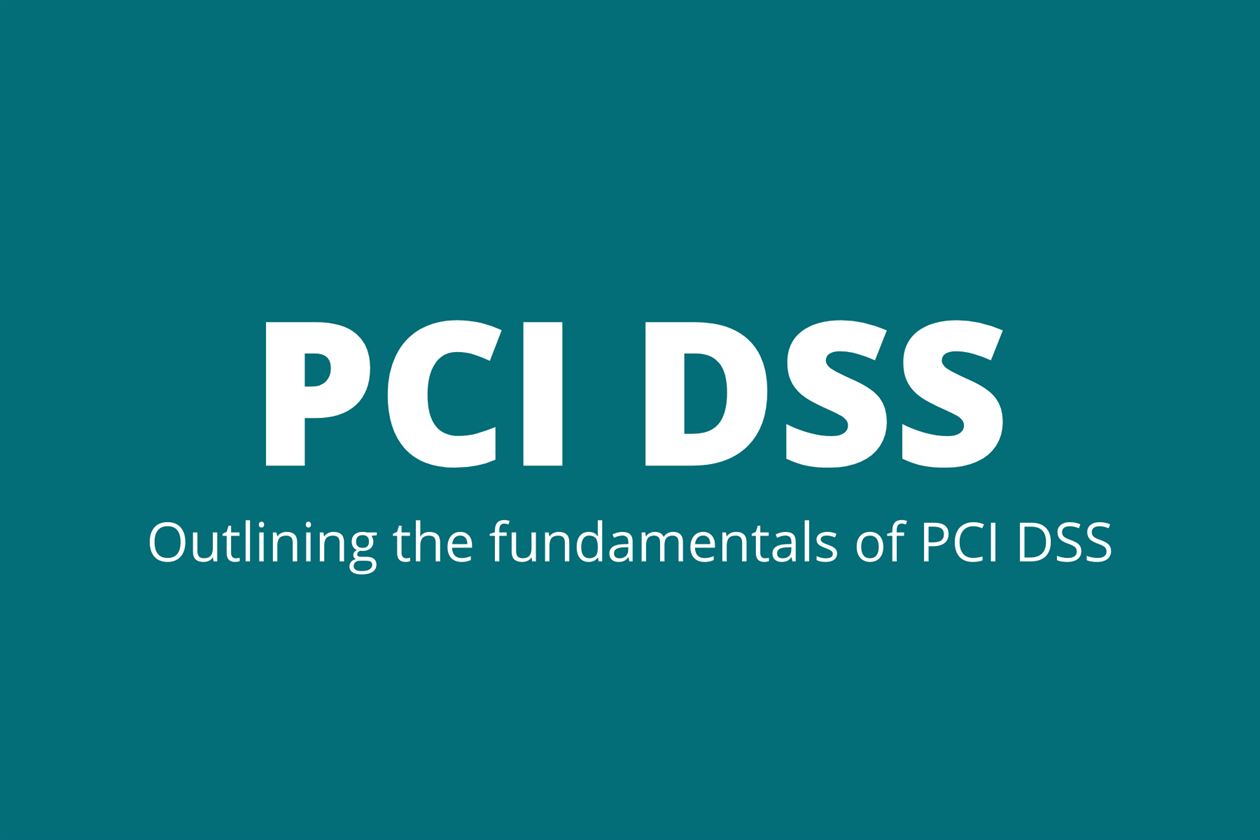The Payment Card Industry Data Security Standards are a set of standards to protect all debit and credit cards from data theft and fraud. PCI DSS is not a mandatory compliance, but is one of the most essential certifications to possess for card security.
The current surge of online transactions makes it mandatory to opt for security measures for protecting data. Out of the 12 core requirements that a certified merchant has to abide by, one crucial requirement is not to store sensitive data of the card like CVV2, CVC2, CID codes, track data from magnetic strips and PIN data. In order to store permitted details like name or card number, certain security standards have to be practiced.
The security of PCI DSS is achieved by inculcating certain practices like installing a security firewall, making use of antivirus software and duly updating it, and encryption of data transmission. There are four levels of PCI compliance based on annual card transactions. Each level has a certain set of practices that needs to be followed to remain compliant. It includes yearly audit or filling up of self-assessment questionnaire and submission of PCI scan. There are four versions of the self-assessment questionnaire which can be chosen from to better attain merchant profiles.
Just like violation of law, noncompliance of PCI DSS can lead to a wide range of penalties based on the severity of the infringement. If a non-compliant merchant is found to be involved in data breaching actions, they are even liable to punishments which the compliant merchants are safeguarded from. The prime course of action post-breach is to prevent the further exposure of card details by carrying out a thorough investigation, to notify Merchant Account Provider and all nearby parties.
Thus, with the help of PCI DSS, the ever-increasing card data theft can be curbed.


